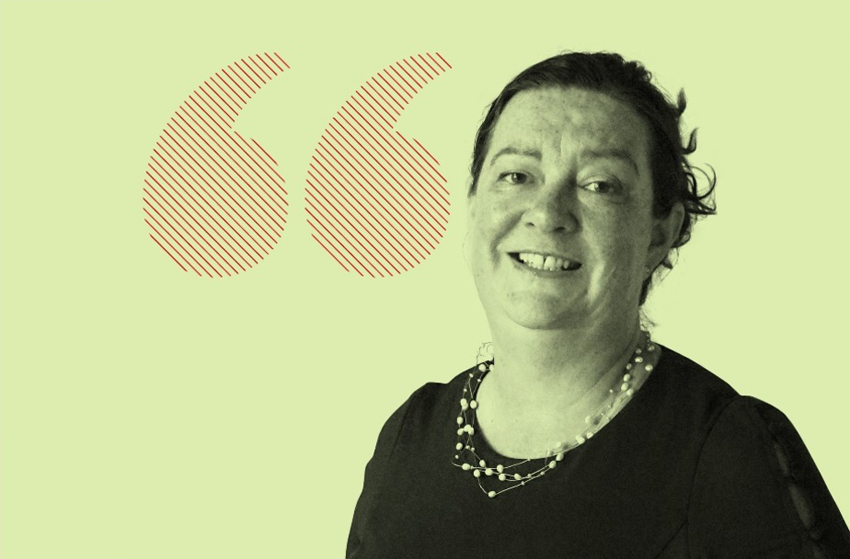Mel Shearer, Partner in our Health Practice, spoke last week at a Women on Boards webinar, outlining the critical role that boards play across public services. And why now, more than ever before, strong boards are needed to steer organisations not just through the current unprecedented situation, but to shape the new normal that will follow.
Why be on the board of an NHS organisation? What type of opportunities are out there?
Of course, top of many applicant lists will be the opportunity to make a difference, but it’s not all about ‘giving something back’ or assuming that being a NED is something you do after your main career. A NED appointment can be a great way to increase your skills and continue to build your executive career.
If you are looking for intellectual stimulation, then an NHS NED offers boundless opportunity. You work with some of the brightest people in the country, in one of the biggest organisations on the planet. Turnover ranges from several hundred £million to over a £billion! You will deal with national levels of complexity rarely found elsewhere, along with challenges that are locally focused.
Although public sector organisations have a clear social purpose, make no mistake they operate with a very strong imperative to make best use of tax-payers’ money and make precious resources go further.
What skills are most needed?
Quite often organisations will be searching from outside the sector, for those who bring transferable skills and new perspectives. This is certainly the case within Health currently. In terms of specific skill sets – digital, finance, partnerships, commercial, and transformation are all in high demand as is an increasing focus upon ‘lived experience’. Personal qualities are just as important, however, and need to come out in your application. Here are just some of the personal qualities you’ll need:
- Passion!
- Be a team player and appreciate that a unitary board is a collective of talents
- Be inquisitive but not interfering
- Be interested in patients, your local community
- Be prepared to learn
- Have values aligned to the NHS.
Reality checks, top tips on applications and common mistakes
If you are interested in becoming a NED, it’s worth investing time well ahead of any application to ensure you are a good fit and understand the essential criteria. Here are Mel’s tips:
- Become a member of your local Trusts
- Be ready to devote 3 or 4 days a month with remuneration around c£13,000- £15,000 a year
- There is likely to be a residency criteria – always best to double check, and assume it will be a preference if it is not stated
- Make sure you answer the question that’s rarely asked in an application ‘why I think the organisation is so interesting’
- Make your skills relevant – draw parallels and highlight tangible evidence rather than assuming connections will be made
- Don’t rely on ‘giving something back’ as a motivation
- Read the organisation’s annual report, their CQC report, their staff survey and their website (it’s publicly available for a reason and they will be very confused/affronted if you don’t)
- Use resources available at the Kings Fund to inform your understanding
- Always ask for feedback.
GatenbySanderson specialise in Non-Executive director (NED) appointments, across public services appointing to over 150 roles each year. Mel is part of a 20 strong team focusing on NHS appointments. For more information, contact Mel at Melanie.Shearer@www.gatenbysanderson.com.
